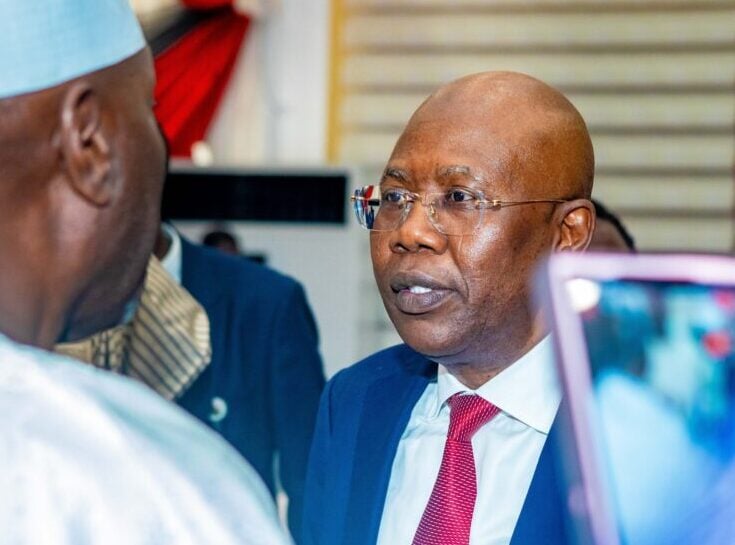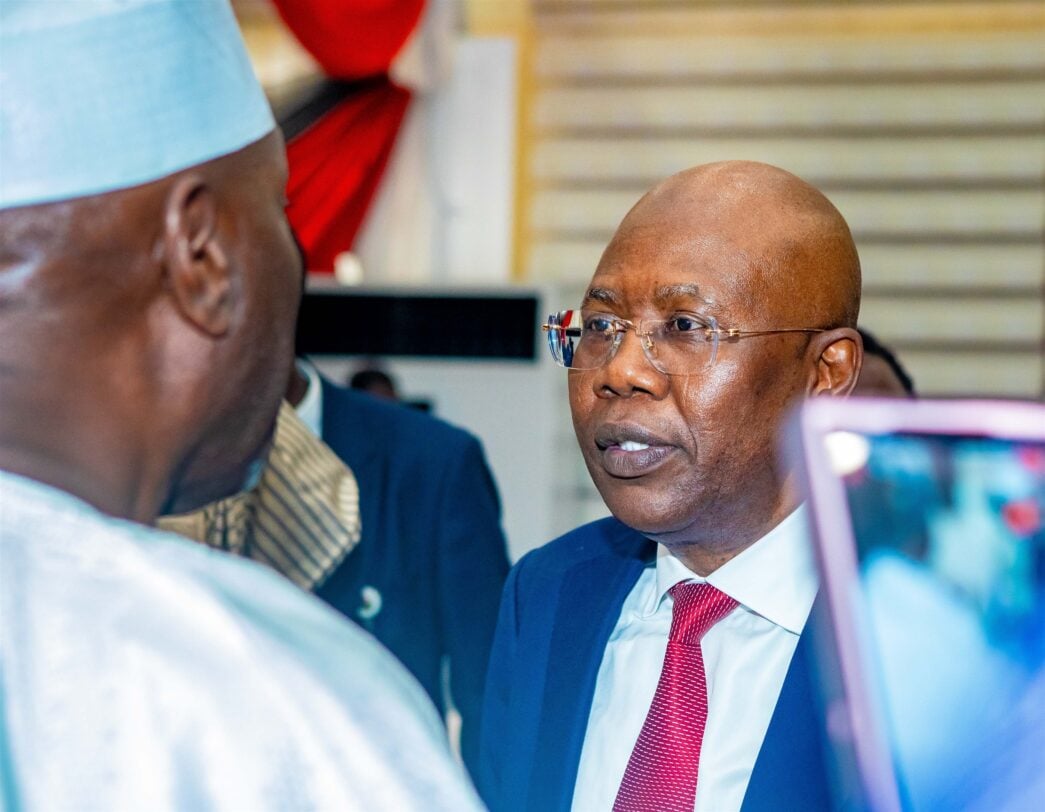BY ABDULLAHI MOHAMMED
In the turbulent arena of Nigerian politics, where power often trumps principle and accusation is frequently mistaken for conviction, the story of Mohammed Bello Adoke, SAN, CFR, stands as a powerful testament to the resilience of truth and the ultimate triumph of the law. In this final part of my review of Adoke’s memoir titled “OPL245: The Inside Story of the $1.3BN Nigerian Oil Block”, I shall focus on his ordeals with the Nigerian anti-graft agencies and how he was vindicated by the courts! it is glaring that for years, he was painted as the arch-villain of the so-called “Malabu Scandal,” a convenient scapegoat for political actors seeking to weaponize the fight against corruption. Yet, through a gruelling international legal marathon, he emerged not with a conviction, but with a comprehensive vindication that should restore every Nigerian’s faith in the judicial process.
As detailed in his account, the campaign to impugn Adoke’s integrity was not an organic pursuit of justice but a calculated political hijacking. Initially, international activists targeted the oil companies, Shell and Eni. However, upon assuming office, the Buhari administration, through state agencies like the EFCC under Magu, deliberately reframed the narrative to make it “an Adoke affair.” He became the face of a scandal he did not create, his name relentlessly dragged through the mud by a compliant “blackmail cashivists media” that ignored exculpatory evidence and amplified every fabricated claim.
The playbook was clear: try Mohammed Bello Adoke in the court of public opinion while pursuing him through multiple, often contradictory, legal fronts in Nigeria and abroad. The goal was not to uncover the truth but to secure a conviction by any means necessary, using the immense resources of the state to break an innocent man.
This crude vindictive determination of former President Muhammadu Buhari’s administration to nail Adoke, disguised in order to please his old time family friends (The Abachas), led to a trilogy of Vindication: The U.S., Italy, and the U.K for the accused!
Advertisement
Adoke’s vindication was not a singular event but a resounding chorus from the world’s most respected legal institutions, each of which meticulously dismantled the allegations against him.
The U.S. Inquisition Closed after a three-year investigation prompted by activist petitions, the U.S. Department of Justice (DoJ) and the Securities and Exchange Commission (SEC) closed their inquiries. They found no evidence to support violations of the Foreign Corrupt Practices Act. For Adoke, this was a moment of tearful relief. As he noted, had these been Nigerian bodies, his traducers would have claimed he “paid his way.” The integrity of these U.S. institutions delivered a verdict beyond reproach or manipulation. This precedence was followed by an acquittal at the Italian Court of Milan. The most dramatic theatre of this saga was in Italy, where Adoke, though not a defendant, was the “star of the show.” His name was mentioned hundreds of times as prosecutors, in a “perfect, albeit perverse, synergy” with the Buhari administration, threw everything at the case. They presented pathetically forged evidence, including a fake radio interview and a sloppily fabricated email from a Yahoo account that Adoke easily debunked.
The court saw through the charade. It admitted the forged email but attached “no evidentiary value to it.” After a exhaustive trial, the court pronounced a verdict of “Not Guilty” for all defendants, finding “not a single shred of evidence of fraud.” The judges explicitly rejected allegations that Adoke exerted unlawful pressure, affirmed the legality of using an out-of-court settlement, and even highlighted testimony showing that Adoke had threatened to arrest individuals discussing kickbacks. The Italian Attorney General later terminated Nigeria’s appeal, stating the case “has no basis.”
Advertisement
Dismissal by the U.K. High Court: In a final act of forum-shopping, the Nigerian government sued JP Morgan in London, again attempting to paint Adoke as the “last man standing” in their corrupt scheme. The bank’s defense brilliantly exposed the government’s hypocrisy, noting that the current Attorney-General, Malami, had previously written to President Buhari stating there was “insufficient evidence” of fraud; a position completely at odds with the lawsuit he authorized. The London court dismissed Nigeria’s case, reinforcing the findings of the other jurisdictions.
The Unshakeable Pillars of Adoke’s Innocence
It is noteworthy that throughout these global trials, several facts remained unshaken, forming the bedrock of his innocence. They are clearly stated thus:
He Acted on Lawful Presidential Directives: As affirmed by a Nigerian court, Adoke was implementing lawful cabinet approvals. He was a public servant executing government policy, not a rogue official.
Advertisement
He Was Not a Signatory to the Accounts: The London court highlighted the fatal flaw in the narrative: the payment instructions were issued by the Minister of State for Finance and the Accountant-General, not Adoke. There was no evidence he directed these authorized officers.
He Acted Against, Not For, Corruption: Testimony in the Italian court revealed that Adoke threatened to jail people for discussing bribes in his presence, directly contradicting the narrative of his complicity.
The Cases Relied on Fabrications: The entire edifice of the personal case against him crumbled under the weight of exposed forgeries and the government’s own inconsistent positions.
The ordeal of Mohammed Bello Adoke is more than a personal victory; it is a national lesson. It demonstrates that even when the full might of the state is marshalled against an individual, backed by a frenzied media and powerful political interests, the law, when applied diligently, remains a formidable shield.
Advertisement
For the average Nigerian who often feels powerless against systemic oppression, Adoke’s story is a clarion call to remain positive and to never lose faith in the possibility of justice. It proves that truth, no matter how long it is suppressed, will always resurface. The law, though often slow and imperfect, remains the last hope of the common man and the innocent.
In the end, Mohammed Bello Adoke was vindicated not by his own power, but by the immutable force of truth and the integrity of independent courts across the globe. His triumph is a reminder that in the face of persecution, one must stand firm on the side of truth, for ultimately, it is not the noise of accusations that history remembers, but the silent, unwavering verdict of justice. May the sun shine tomorrow…
Advertisement
Mohammed is a public analyst and social commentator. He writes from Abuja, Nigeria.
Advertisement
Views expressed by contributors are strictly personal and not of TheCable.

